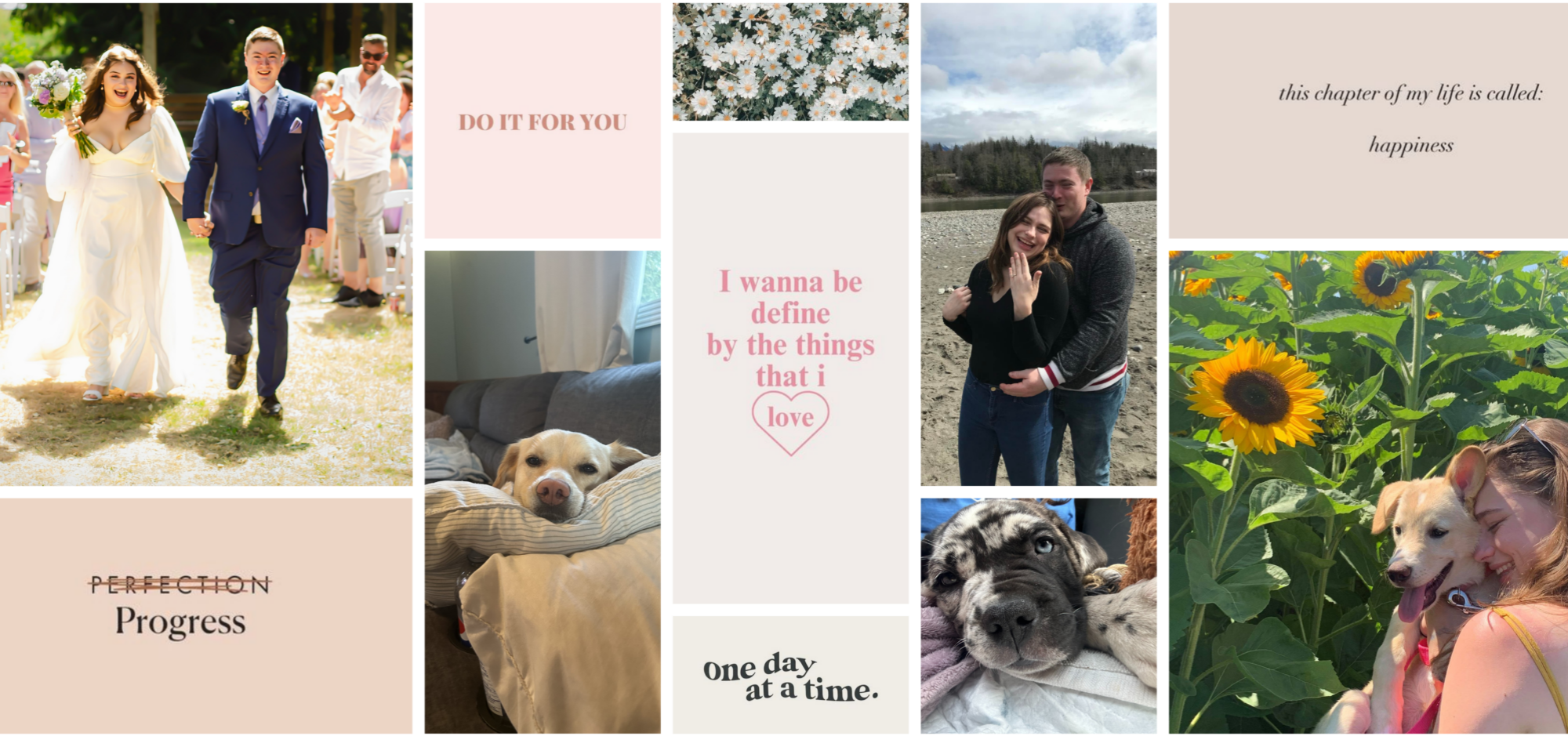
As someone learning to teach with care and cultural awareness, this principle reminds me that I don’t have access to every story—and that’s okay. Some knowledge isn’t mine to share, retell, or teach without the right guidance and permission. It’s a powerful reminder that education isn’t just about knowing things; it’s also about knowing when not to speak, and when to listen instead.
Throughout my coursework and practicums, I’ve been learning to slow down and reflect on whose voices I’m bringing into the classroom, and whether I’m doing so in a way that respects the source. I’m becoming more aware of the importance of acknowledging traditional knowledge as something that holds meaning, identity, and history—and that some stories are only meant to be passed on by those who carry them.
This principle taught me to ask:
- Am I using this resource respectfully and with context?
- Is this story or teaching meant to be shared in a classroom setting?
- Have I checked the source, or connected with someone from the community before including it?
As a future teacher, I don’t want to unintentionally cause harm by sharing knowledge that was never mine to begin with. Instead, I want to be a respectful facilitator—one who makes space for Indigenous voices and lived experiences to be heard on their own terms.
I’m still learning. But this principle grounds me in humility, and reminds me that teaching is not just about delivering information—it’s about honouring knowledge, its origins, and the relationships that come with it.
